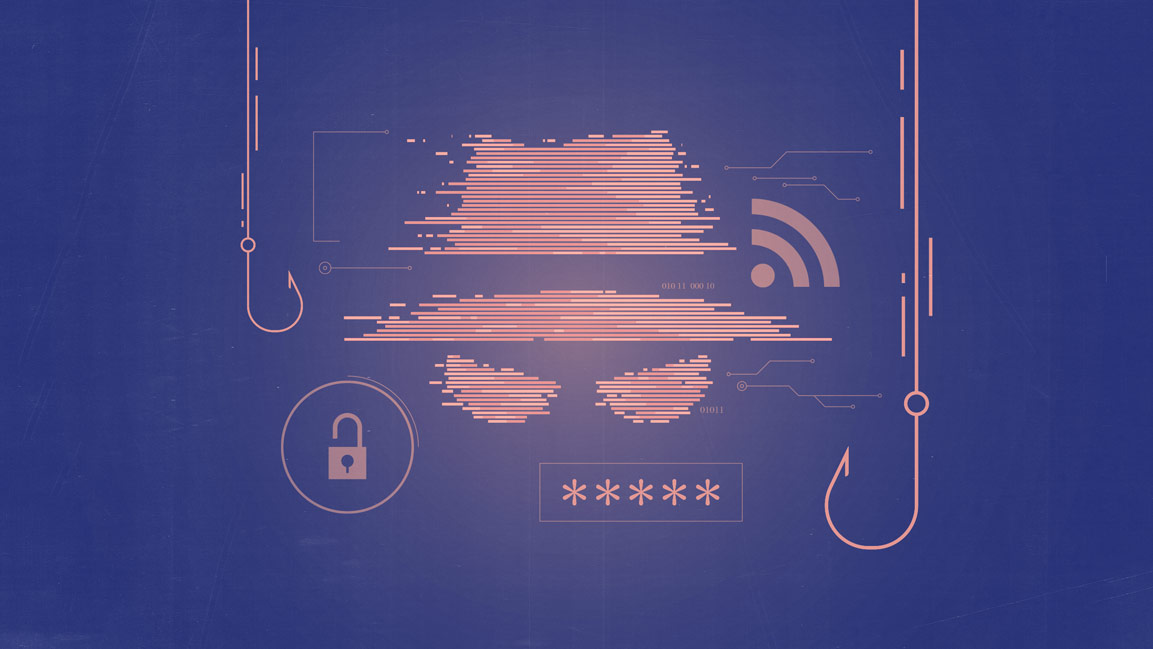7 in 10 Smart Devices in UAE Homes Are Hackable, Warns Cyber Council
The council recommends switching off voice assistants when not in use, enabling built-in security and privacy settings, and separating smart device networks from the main household Wi-Fi.
Topics
News
- Dubai Chamber of Digital Economy Partners With Canva to Set Up Regional HQ
- Apple Puts Virtual Health Coach On Hold Amid Tough Competition
- Alphabet Remains Cautious On Apple Deal, Dodges Investor Question
- HBKU and QRDI Enter Partnership to Advance National Tech Capabilities
- UAE Families Expect AI to Redefine How They Live, Bond, and Raise Children
- Alphabet Pitches AI as Core Growth Engine in Post-Earnings Call

[Image source: Chetan Jha/MITSMR Middle East]
As the Middle East accelerates its digital transformation, the UAE is positioning itself at the forefront of cyber resilience, balancing rapid technological adoption with robust national security frameworks. However, with smart home technologies becoming mainstream across the region, concerns over digital vulnerabilities in domestic settings are prompting urgent action from regulators.
This week, the UAE Cyber Security Council (CSC) intensified its focus on consumer-level cybersecurity, warning that “70% of smart home devices are vulnerable to cyberattacks if not properly protected.” The announcement forms part of a broader strategic push to secure the nation’s digital infrastructure, from enterprise systems to individual households.
Connected home technologies, which include voice assistants, surveillance cameras, smart lighting, and HVAC systems, are becoming a growing target for cybercriminals. Their appeal lies not only in their widespread use but also in the lax security habits among consumers, particularly those who rely on default settings or lack awareness of digital vulnerabilities.
The CSC has raised concerns over user behaviors that amplify risk, such as “leaving voice assistants permanently active and connected to unsecured networks, or sharing the main Wi-Fi password with guests,” practices which, according to the council, can open doors to unauthorized access and manipulation of home systems.
A particular point of concern is the proliferation of baby monitors. The council emphasized that these devices, if left unsecured, are susceptible to breaches that could allow intruders to “record conversations, track movements inside the home, or even communicate directly with children and family members.”
In response, the CSC is calling on households to implement proactive cybersecurity measures. These include using strong, unique passwords; regularly updating device firmware; and centralizing smart device management to limit entry points. The council also recommends “switching off voice assistants when not in use, enabling built-in security and privacy settings, and separating smart device networks from the main household Wi-Fi.”
These advisories form part of the council’s broader Cyber Pulse awareness campaign, which this week turns its attention to smart home vulnerabilities. The initiative aims to provide families with actionable guidance to strengthen digital defenses and reduce their exposure to evolving cyber threats.








